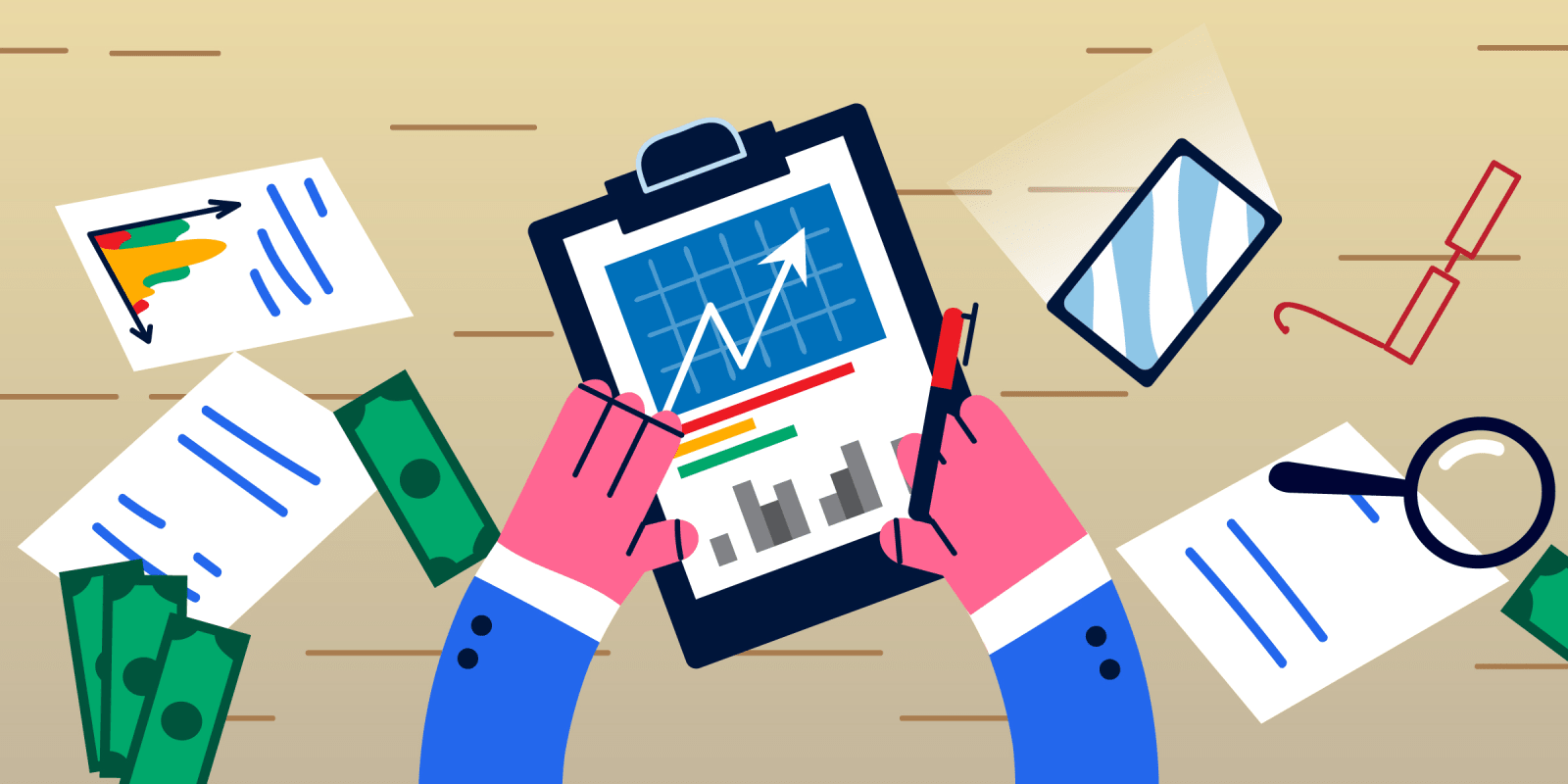At the end of my training, after four years of medical school, six years of plastic surgery residency, and one year of fellowship, I was burnt out. It took me a long time to come to terms with this reality. But once I did, I began to search for answers. In my case, as in the case of many others, the reasons for burnout were multifactorial. But the biggest reason was my finances.
I was in the final year of my training. Finally about to graduate and become an attending. Everyone in my life was telling me, “Things are going to be great!” and “You’re finally going to start making real money!”
But internally I was screaming:
“You don’t get it! Everything is not great! I have $500,000 in student debt, credit card bills, no savings, no investments, and I don’t even know the first thing about this stuff. And yes, I am going to be making more money. But I feel like I need to spend it all on a ‘doctor car’ and ‘doctor house’ and a suit that fits and all this other stuff! So, no, it’s not all going to be great!”
And this created a ton of stress for me! It also impacted my relationship with medicine. I was angry at medicine. I was bitter. Here I had given my 20s to medicine and what did I have to show for it? Yup, debt and burnout.
After identifying my finances as a central component of my burnout, I had a choice. I could keep being bitter or I could do something about it. It sounds like an easy choice, but in the moment, it was not. For a while I did choose bitterness. But, with the help of my wife, I finally made the decision to do something about it. Together, she and I decided to learn about personal finance and get our financial situation in control:
- We started reading and learning together
- We learned about the concept of financial freedom
- I started to develop the simple habits that would lead my to financial freedom
- We started to manage all of our own finances
- And lastly, we developed our written personal financial plan
What happened next completely shocked me! I was still in training. My wife was still finishing her PhD. We still lived in a tiny apartment in New York City that we could barely afford. My income was still a resident salary. Our debts were the same. But with improved financial literacy and a plan to reach financial freedom in place, my financial well-being shot through the roof! This combined with other self-reflection led to an alleviation of my burnout.
And, most shockingly of all to me, I became a better doctor! I was finally able to focus on why I became a doctor and plastic surgeon in the first place. On what I loved about medicine and plastic surgery. Constant thought of financial stress decreased. No longer was I bitter at medicine. My anger evaporated. I was a better physician because of my financial well-being. In fact, I truly believe that a nation of financially free doctors will change health care for the better in ways we cannot even begin to imagine!
Though this new freedom was self-evident, it still struck me as unexpected. My whole medical life, I had been told that thinking about money was bad. We did not become doctors because of the money. Worrying about finances would “muddy the water” and make us worse doctors. I heard all of the money myths that get passed around in the doctors’ lounge.
So what had I done as a result of this ever-perpetuating taboo? I’d ignored my money. And guess what? It made me a worse, burnt out doctor. In fact, it was only when I started thinking about money that I became a saner, healthier doctor for my patients. We had this all backward!
As physicians, we all deserve financial well-being and the ability to work on our own terms. We all deserve to love what we do and be the best, healthiest doctors that we can be. And our patients deserve it, too.
What money myths have you busted as you've moved along in your career? Share them in the comments below!
Jordan is a graduating fellow in plastic surgery at NYU.
Image by Denis Novikov / GettyImages






